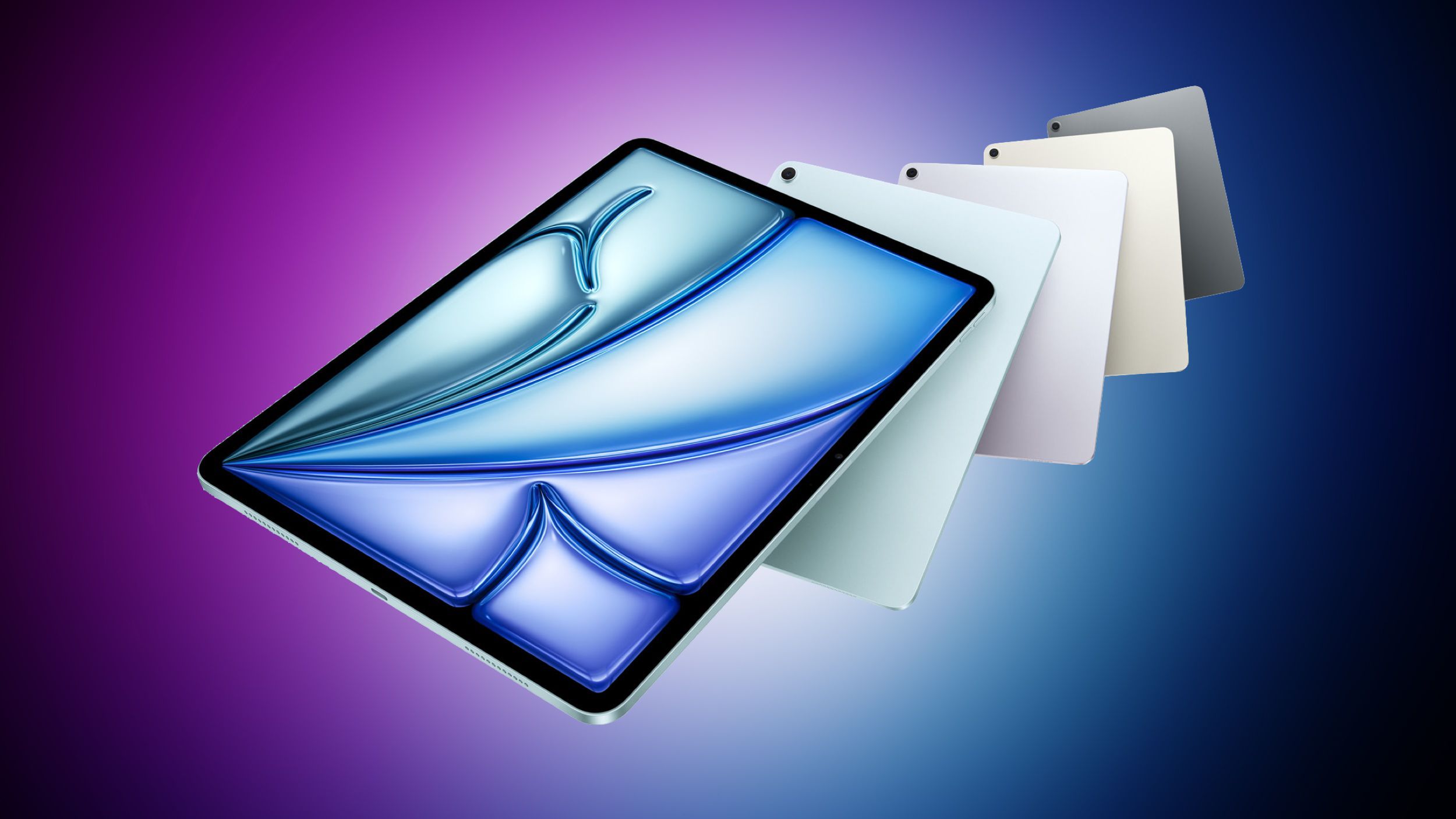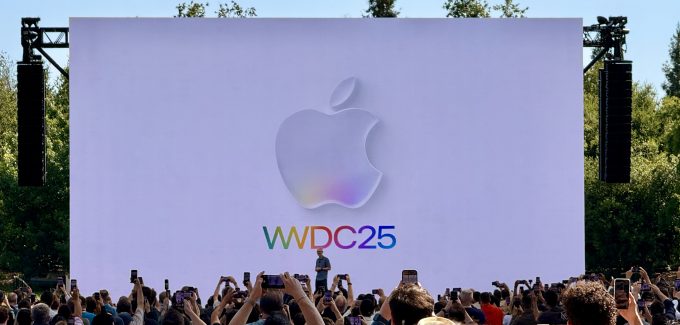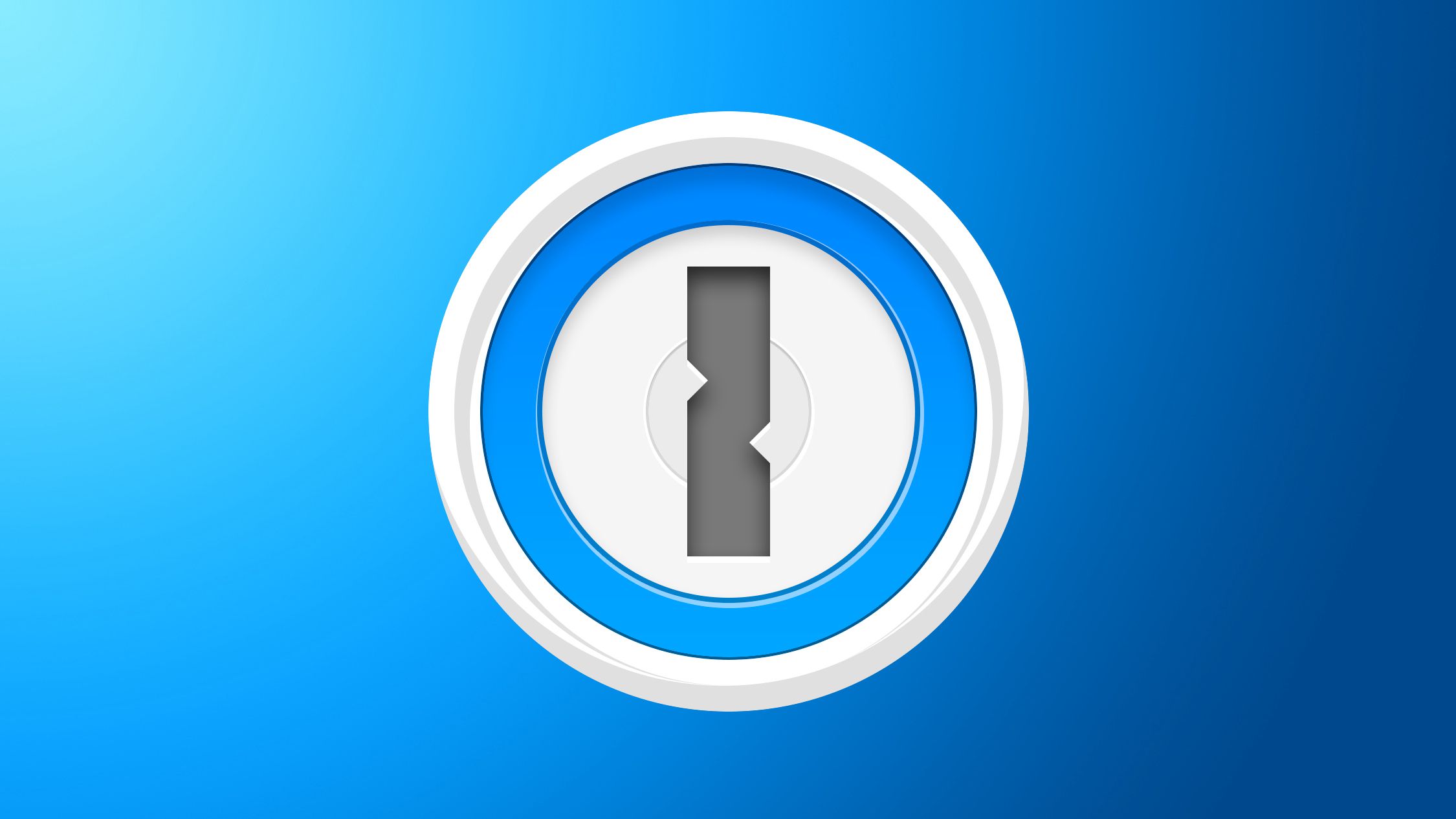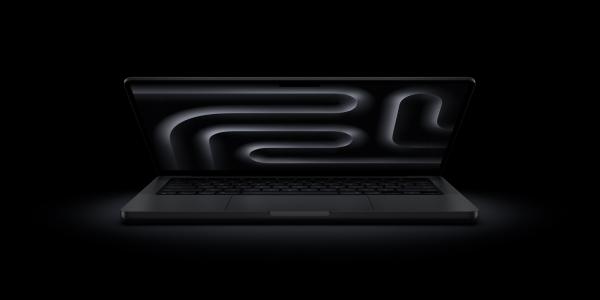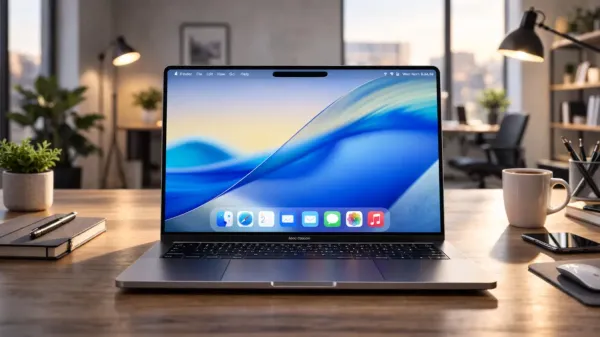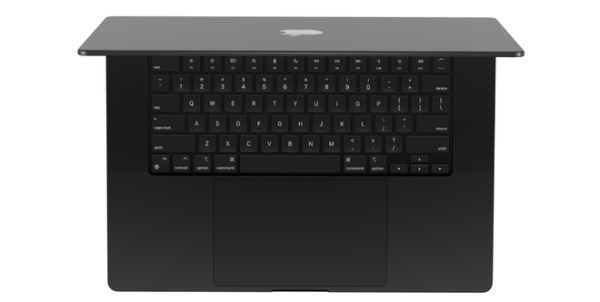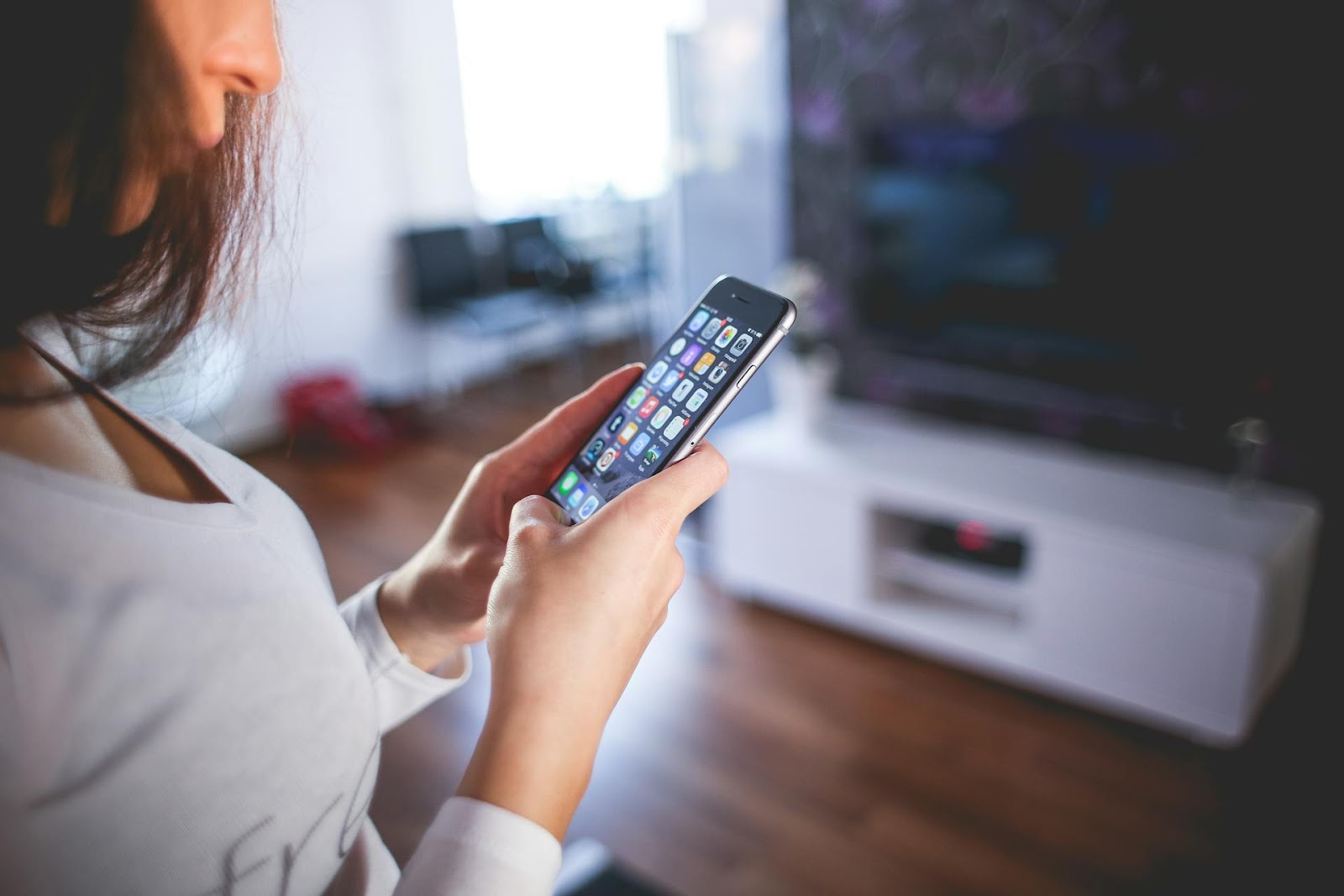
With nearly 1.46 billion iPhone users in the world today, Apple is one of the largest creators and distributors of phones globally. iPhones allow users to connect with one another easily, take high-quality photos, watch movies, and even play games, all from a handheld device.
However, in recent years, reports of unauthorized spyware on iPhones have been an ongoing concern, despite the company's best efforts. Spyware, once integrated into phones, can monitor a phone user's activity, collect data, and more. This has some Apple users worried and looking for ways to remedy the situation.
How Spyware Works
Spyware works behind the scenes to monitor a user's activity, both online and offline, and to collect data, all without the user's knowledge or consent. Spyware was originally found on Windows PCs and Android devices but has since made its way onto Apple iPhones. iPhones are known to be more secure against hacking, viruses, and bad actors, however, spyware has now also found its way into Apple's iOS system.
The main way that spyware usually makes its way onto iPhones is through malicious apps. Although Apple has a strict app review policy, some bad apps still manage to make their way through, where unsuspecting iPhone users then download them straight onto their devices. Malicious apps containing spyware often look just like normal apps and tempt users into downloading them. Once downloaded onto a user's phone, the app is able to start monitoring phone activity and collecting data straight away.
In some cases, spyware is used by family and friends to monitor vulnerable individuals. For example, grown children may want to monitor their elderly parent's phone activity to ensure they're not falling victim to any scams in the same way that a parent may want to monitor their kid's phone activity. Krishi Chowdhary explains that once spyware is installed on your iPhone or on the phone of a loved one, it lets the user monitor online and offline activity, review search history, chats and see the phone's location. These tools can come in extremely useful for a concerned friend or family member who wants to ensure their loved ones remain safe and protected at all times.
However, not all spyware is used for good causes by family and friends. Some spyware is used by companies or governments who are looking to gather data from consumers. Let's explore two of the most recent and well-known spyware cases.
Spyware Cases
One of the most recent and prevalent cases of spyware on iPhones just occurred this year, with Apple issuing warnings to iPhone users in nearly 92 countries. The warning informed iPhone users that their devices may be compromised by a spyware called LightSpy.
LightSpy is said to be currently targeting users in Southern Asia and most likely India as well, however, the exact regions are not yet known. LightSpy is not a new spyware. It was first reported nearly four years ago, in 2020. However, researchers do believe that the spyware tech has advanced over the years, with the recent version of LightSpy including more high-tech spying features than the original 2020 version. Although not yet confirmed, it is suspected that China may be behind the latest LightSpy attempt on Apple phones.
Pegasus is another well-known spyware tool, and recently, an investigation took place against it called the Pegasus Project. The project, which included multiple media outlets, worked to uncover the threats that sophisticated spyware poses to unsuspecting device users. Pegasus was developed by an Israeli surveillance firm and is extremely high-tech. The spyware can access devices' data, communication, microphones, and cameras. Pegasus usually finds its way onto users' phones via links sent through WhatsApp, email, or iMessage. With just one click, the spyware installs itself onto the device and works silently in the background collecting information.
What This Means For Security and Privacy
While some individuals use spyware to protect vulnerable family members or friends, not everyone is using the tech for positive purposes. Spyware is becoming more commonly used by governments and large corporations to monitor activity and collect data without users' consent, and this poses security and privacy concerns for everyone involved.
Large spyware cases, like Pegasus and LightSpy, show us that spyware can target individuals and undermine privacy. The information that we keep on our phones may be personal and private and not meant to be shared with a third party or larger audience.
For example, many people now keep financial details, banking apps, and card information on their devices. If spyware apps are able to collect data, including financial information, it poses a huge financial threat to millions of people all around the world. Additionally, many people enjoy various hobbies and pastimes that they like to keep private, and it is their right to do so. Some people enjoy gambling online at crypto poker sites, and may not want others to know. Other people may enjoy listening to a certain genre of music that they prefer to keep to themselves or have a private passion for drawing, that their family and friends don't know about. Whatever it is, each individual should be able to keep their personal information private, and spyware apps, when used by the wrong person or organization, do not allow people to do this.
Addressing the Threat
After the recent threat from LightSpy was discovered and shared with users, Apple is doubling down on its efforts to combat spyware and enhance the security of its iOS system.
The team at Apple is highly advanced and is working on features like app sandboxing, code signing, and runtime protections. These features, once put in place, will work as a line of defense against bad actors and malicious software. While spyware will likely always exist, the hope is that with the right tools to fight spyware, Apple developers can build a system that spyware cannot penetrate.
On top of this, Apple is also already using encryption protocols and enhanced privacy controls. These features are built to give Apple users more visibility and control of their own personal data. Users can change how much data can be collected by apps through tools like App Tracking Transparency and Privacy Lables, thus allowing users to make informed decisions for themselves.
Apple users can also take steps to protect themselves. Before downloading an app, users should thoroughly research it to ensure it is a genuine app and not a spyware version masquerading as the real deal. In addition, all Apple users should be cautious of links sent to them from unknown sources and always think before clicking. Additionally, users should keep their devices up to date. Updates typically include software updates and security patches, and this can help combat spyware attacks.
Conclusion
Spyware threats to Apple's system have been ongoing for some time, but with the recent news of LightSpy resurfacing for users in nearly 92 countries, Apple is re-enforcing its efforts against spyware, hoping to protect its users and their data.



